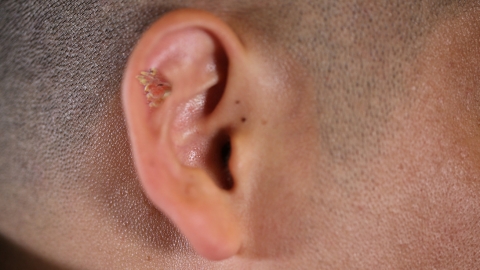Do filiform warts spread to family members?
Generally, filiform warts can be contagious to family members, but not all contact will result in transmission. Whether transmission occurs is related to factors such as the mode of contact and the skin condition of family members. It is important to avoid direct or indirect close contact in daily life to reduce the risk of infection. Detailed analysis is as follows:

Filiform warts are caused by infection with human papillomavirus (HPV). The virus can spread through direct contact. If family members share personal items such as towels, basins, or razors with an infected individual, or if their skin comes into direct contact with the wart, especially through a skin break, the virus may enter through the damaged area and cause infection.
If family members maintain normal daily interactions with the infected individual, do not come into contact with the wart or virus-contaminated objects, and have intact skin and normal immunity, they generally will not be infected. The virus has limited ability to survive in external environments, so simple physical contact without touching the wart and with no skin damage on either side carries an extremely low risk of transmission.
To reduce the risk of infecting family members, patients should use personal hygiene items separately and regularly wash and disinfect towels, clothing, and other items. Patients should avoid scratching the warts and then touching family members' skin. Family members should also maintain intact skin and avoid sharing personal items with the infected individual.






